Times have changed, and so have the social rules we live by. Many customs that were completely normal and even polite during the baby boomer era are now seen as outdated—or outright offensive—by younger generations. But it’s not about pointing fingers; it’s about understanding how culture and communication evolve. Let’s take a trip down memory lane to explore 14 boomer customs that seem rude today and unpack why they worked back then but don’t quite fly anymore.
1. Dropping by Unannounced
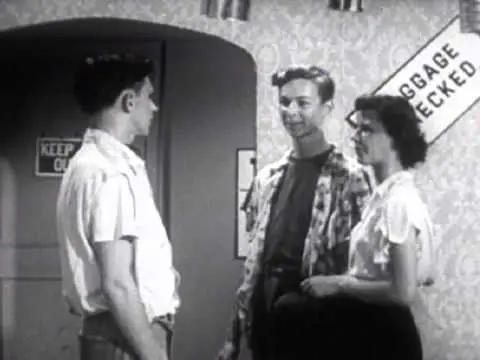
For boomers, an unplanned visit from friends or neighbors was a delight. It showed community spirit! Today, though, unexpected guests are seen as intrusive, with people prioritizing privacy and busy schedules. Text first, or risk being labeled inconsiderate.
2. Commenting on Someone’s Weight

Whether it was “You look like you’ve lost weight!” or “You need to eat more,” such remarks were often intended as compliments or concern. Nowadays, commenting on weight is considered a sensitive topic that can unintentionally hurt feelings or cross boundaries.
3. Calling Instead of Texting

Back in the day, a phone call was the height of courtesy—hearing someone’s voice meant connection. Now, phone calls are seen as disruptive unless planned ahead. Texting reigns supreme for many younger folks who prefer to communicate on their own time.
4. Haggling Over Everything
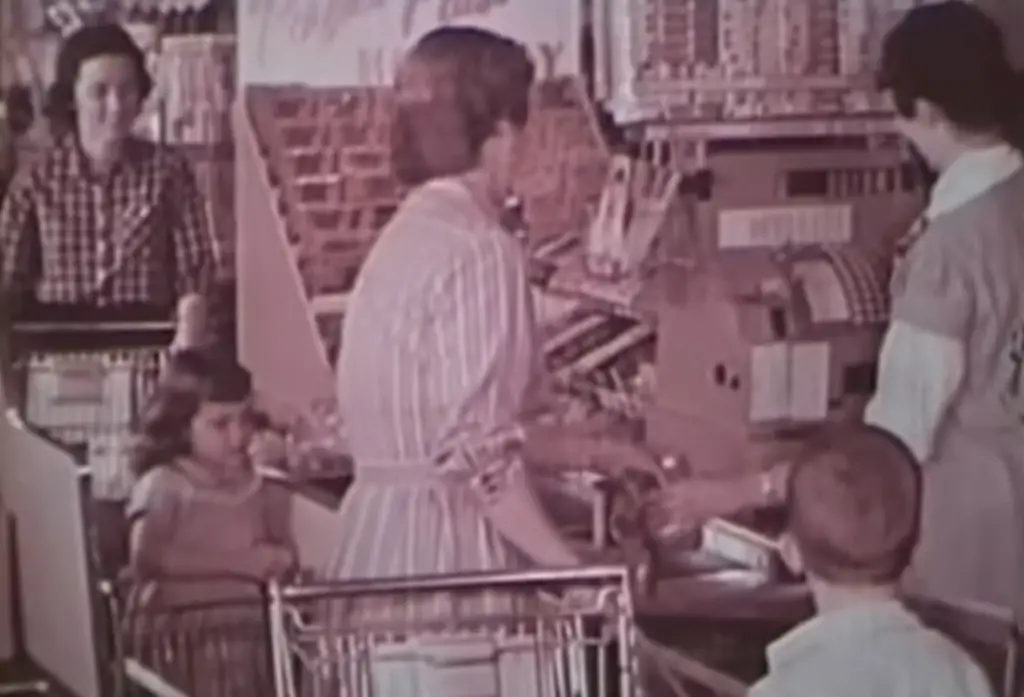
Negotiating prices was a point of pride for many boomers, especially when shopping for big-ticket items. Younger generations, however, often find it uncomfortable or rude, especially when directed at service workers who can’t control prices.
5. Telling People to “Smile More”
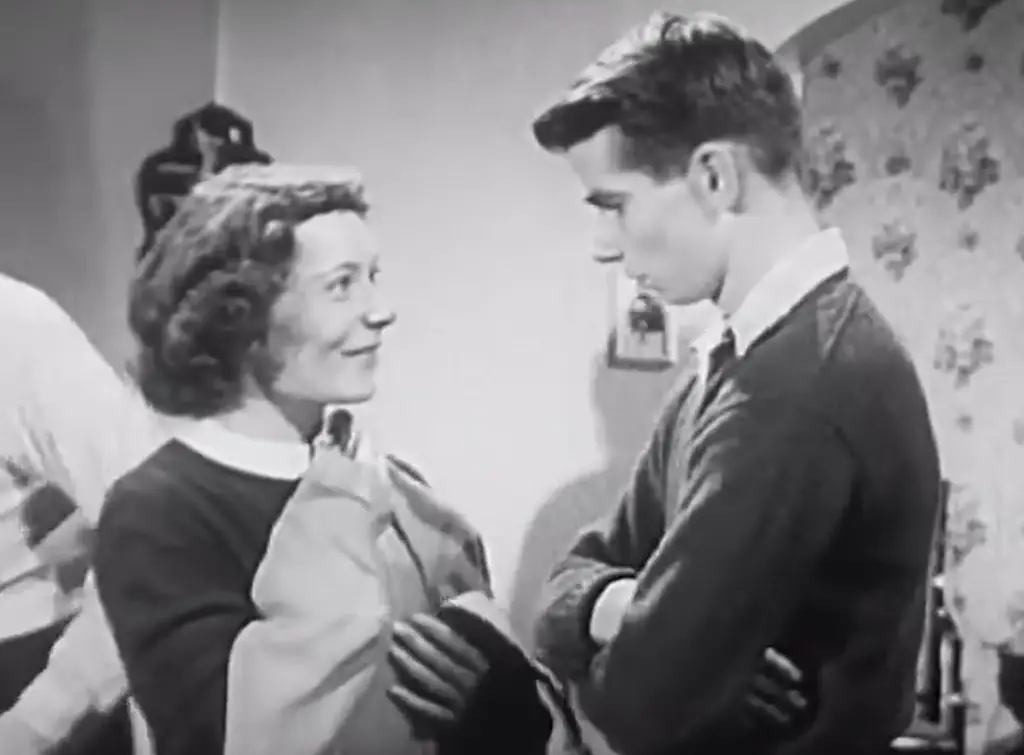
Boomers often saw this as a way to brighten someone’s day, especially when directed at women. But today, it’s criticized as dismissive, controlling, and an unwelcome intrusion on personal expression.
6. Using Terms Like “Sweetheart” or “Honey”
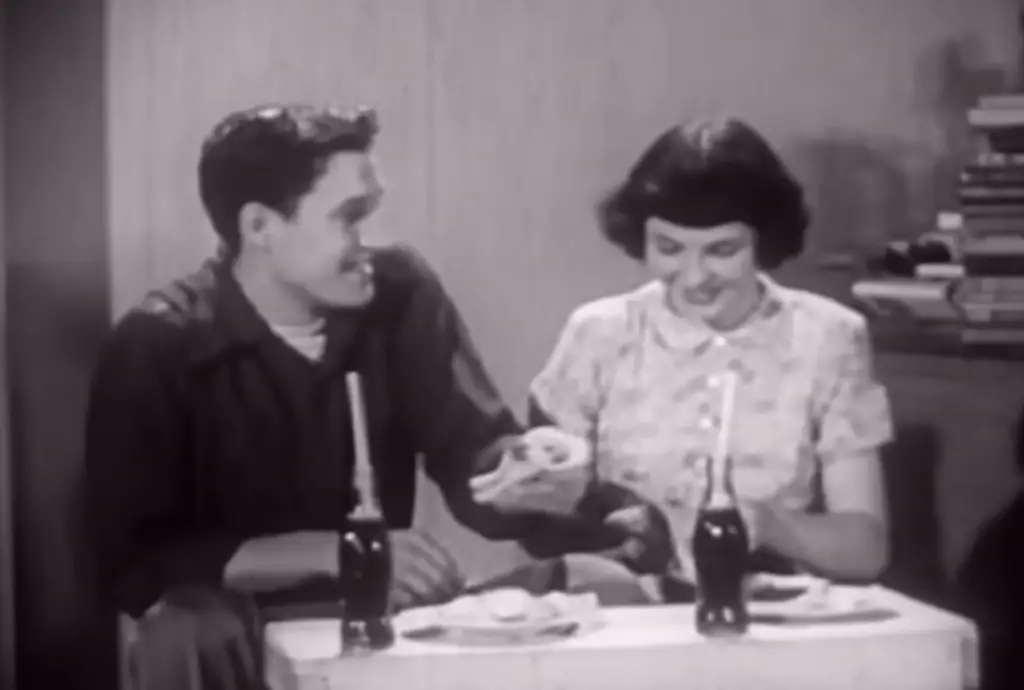
Pet names were meant to be friendly or affectionate, but younger folks often view them as patronizing, especially in professional settings. What once felt warm and familiar now risks being seen as inappropriate or condescending.
7. Assuming Everyone Wants Children
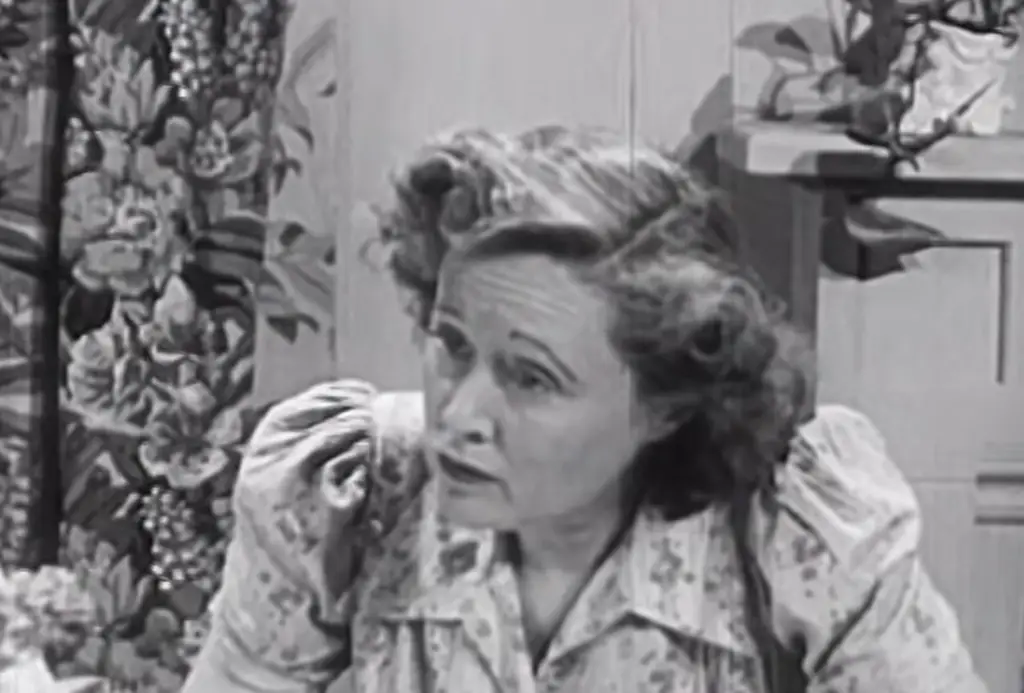
Back then, marriage and kids were seen as life’s ultimate goals, so asking someone when they planned to settle down was normal. Today, with diverse lifestyles and priorities, such questions can feel invasive or presumptive.
8. Public Discipline of Children
Boomers remember parents sternly correcting their kids in grocery store aisles or pulling out the “wait until we get home” line without hesitation. Today’s parenting norms discourage public scolding, leaning more toward positive reinforcement and privacy.
9. Standing Too Close in Conversations

Personal space wasn’t such a big deal in the boomer era, but it’s a crucial aspect of modern etiquette. Standing too close is now seen as invasive, especially post-pandemic, when the “bubble” became sacred.
10. Talking About Money Openly
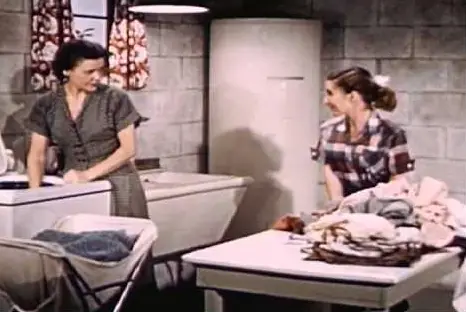
Boomers might ask how much someone paid for their house or what they earn at work as casual conversation. Today, such topics are seen as highly personal, with many preferring to keep finances private.
11. Dropping Hard Truths in Social Situations
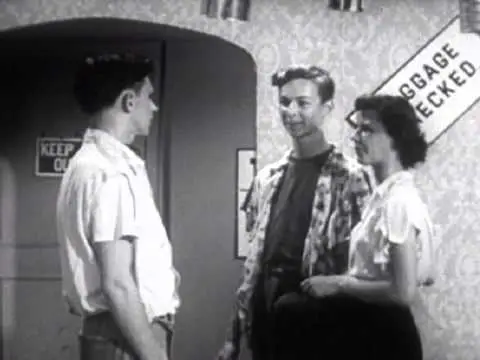
Boomers valued honesty, even if it stung—like pointing out a stain on someone’s shirt or offering unsolicited advice. Today’s culture leans toward more tactful communication, prioritizing kindness over bluntness.
12. Pushing Someone to Eat “Just One Bite”
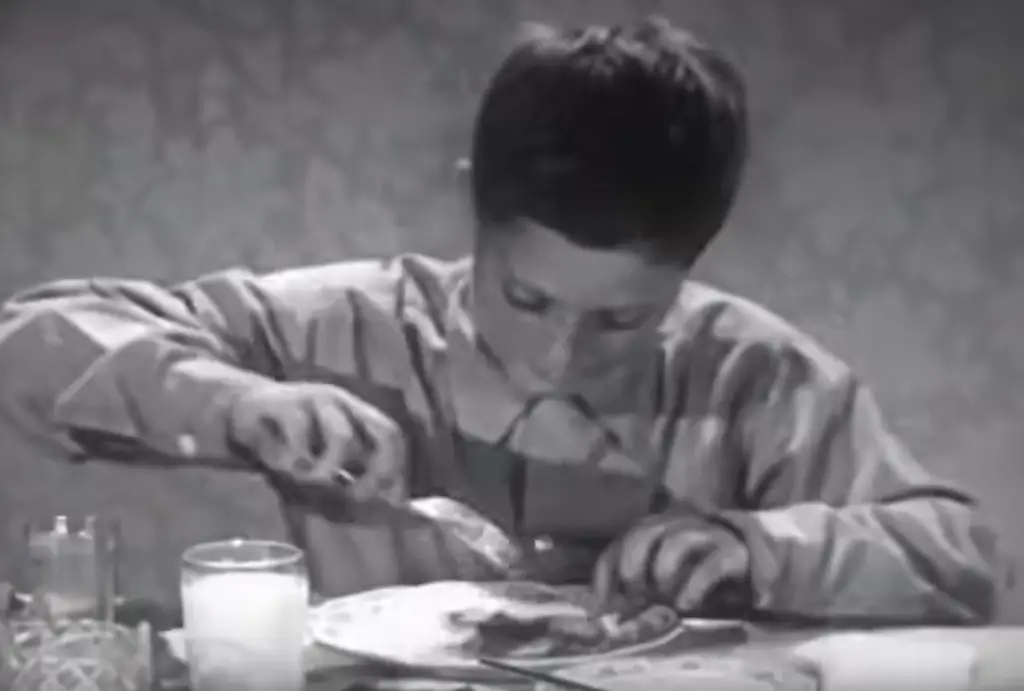
From dinner parties to holiday gatherings, boomers often encouraged guests to try everything on the table. What once felt hospitable can now come off as pushy or disrespectful of dietary choices, allergies, or preferences.
13. Leaving Voicemails for Simple Messages
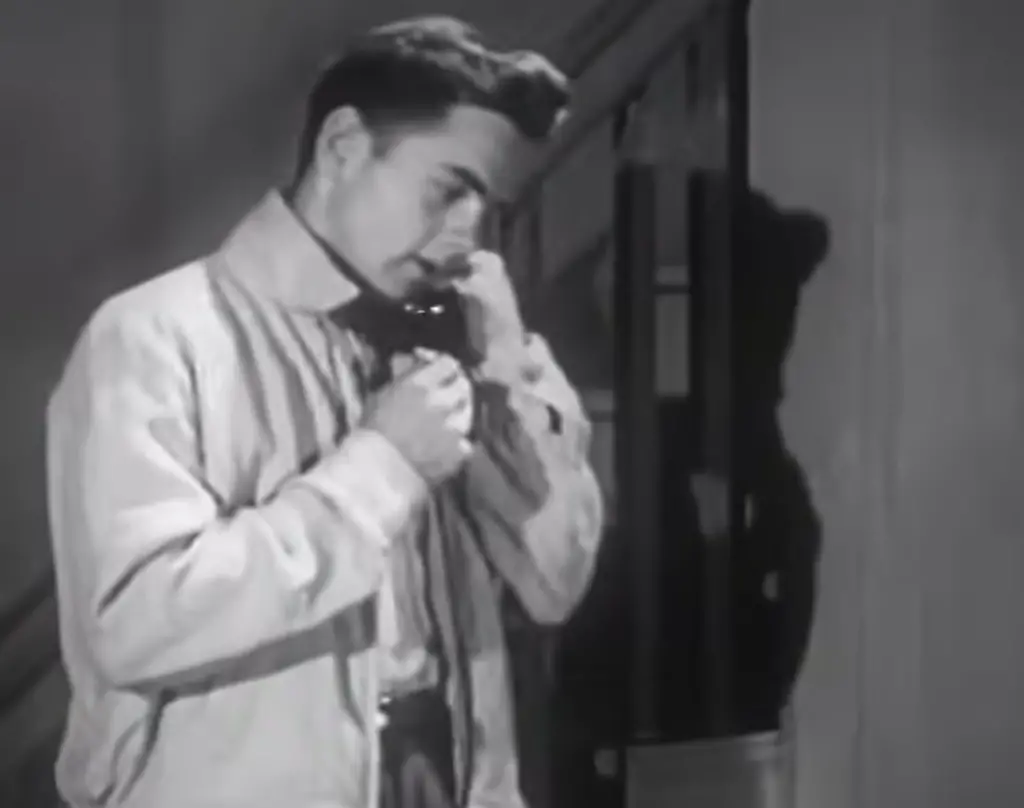
Boomers saw voicemails as practical, but to younger generations, they’re a chore to listen to. A quick text is preferred for simple updates, leaving voicemails reserved for emergencies or special moments.
14. Calling Someone Out for Tardiness
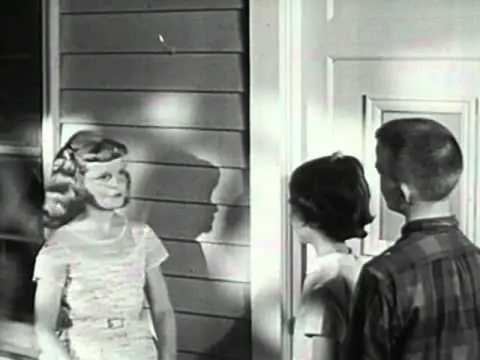
Punctuality was a big deal for boomers, and arriving late often warranted a comment. Today, there’s more understanding of life’s unpredictability, and calling someone out can feel unnecessary or even passive-aggressive.
Boomers grew up in a world where these customs were standard, rooted in the cultural values of their time. As norms shift, it can feel like a lot to keep up with, but the heart of the matter—respect and understanding—hasn’t changed. Adapting to new ways of showing kindness and connection is just another chapter in the journey of generational learning. And who knows? One day, younger generations might look back on their own habits and see them in a whole new light.


